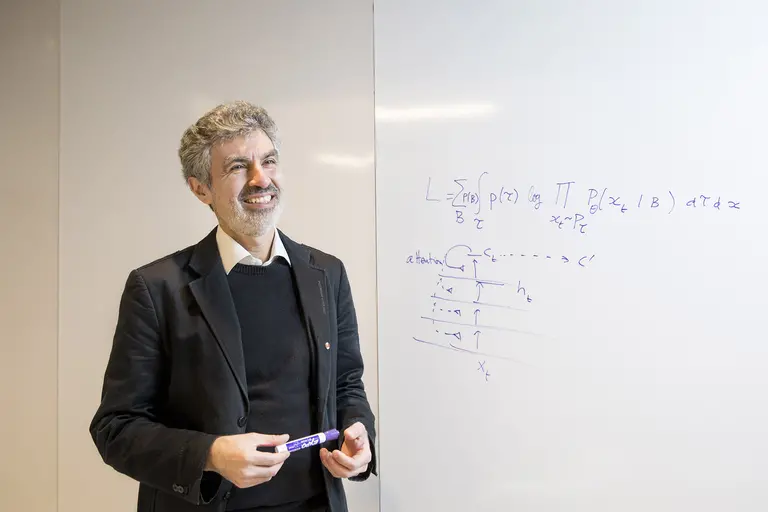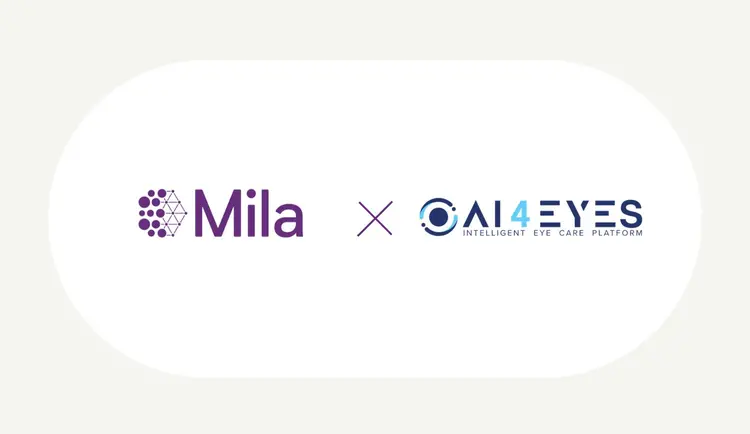
Today, the Canada Council for the Arts revealed the winners of the 2019 Killam Program, comprised of the Killam Prizes and the Killam Research Fellowships. Awarding nearly one million dollars every year, the Program is one of the most prestigious to reward Canada’s researchers, whose work has a tremendous impact on all our lives.
“Thanks to their outstanding contribution to the development of artificial intelligence, the fight against antimicrobial resistance and the analysis of political party and elector behavioural patterns, the winners and recipients have helped further our understanding of the world we live in. Their audacity and perseverance are an inspiration to us and are helping us build a better future for everyone.”
— Simon Brault, Director and CEO, Canada Council for the Arts
The Killam Program winners will be celebrated in Ottawa on May 21, 2019, as part of Canadian Innovation Week.
The Killam Prizes
The Killam Prizes honour eminent scholars in the humanities, social sciences, natural sciences, health sciences and engineering. These outstanding scholars actively contribute to groundbreaking research and their advances have positive impacts on our lives. They each receive a $100,000 prize.
The 2019 prize winners are:
- Natural Sciences – Yoshua Bengio, from the Université de Montréal, is known as one of the world’s foremost experts in terms of artificial intelligence and is a deep learning pioneer. As the Canada Research Chair in Statistical Learning Algorithms, he is the founder and scientific director of Mila, the Institut québécois d’intelligence artificielle, the world’s largest deep learning university research group. In 2019, he is co-recipient of the A.M. Turing Prize, considered the “Nobel Prize for Computer Science,” which he receives jointly with Geoffrey Hinton and Yann LeCun.
- Social Sciences – André Blais is a professor in the Department of Political Science at the Université de Montréal, where he is the Research Chair in Electoral Studies. He led the Making Electoral Democracy Work project, which examined the behaviour of parties and electors in 25 elections across five different countries. He is a worldwide expert in electoral studies.
- Engineering – Keith W. Hipel is a professor of systems design engineering at the University of Waterloo. He is globally renowned for his unique interdisciplinary research from a systems engineering perspective on the development of conflict resolution, multiple criteria decision analysis, time series modelling and other decision-making methodologies for addressing complex system-of-systems problems lying at the confluence of society, technology and the environment, with applications in water resources, environmental engineering, energy and sustainable development.
- Health Sciences – Dr. Stephen W. Scherer, from the University of Toronto, has revolutionized our understanding of the human genome through his research at the Hospital for Sick Children. He founded the Database of Genomic Variants, the world’s most-used CNV database, which facilitates thousands of clinical diagnoses around the world every day.
- Humanities – Lynne Viola, from the University of Toronto, is an internationally-renowned specialist in the history of the Soviet Union. Her research focuses on mass repression in the 1930s. She is known for the publication of Stalin-era archival documents, unprecedented work to ensure these documents remain in the public domain. She is the author and editor of multiple books, including The Unknown Gulag and Stalinist Perpetrators On Trial (Oxford University Press). Inducted into the Royal Society of Canada in 2014, she received the Canada Council for the Arts Molson Prize in 2018.
Learn more about the Killam Program
To book interviews with the winners and recipients:
Charlene Coy, C2C Communications
Cell phone: 416-451-1471
charlene@c2ccommunications.com
Canada Council for the Arts:
Joly-Anne Ricard
Public Relations and Social Media Advisor
Telephone: 1-800-263-5588 (extension 4166) or Cell phone: 343-998-2627
Source : Canada Council for the Arts





